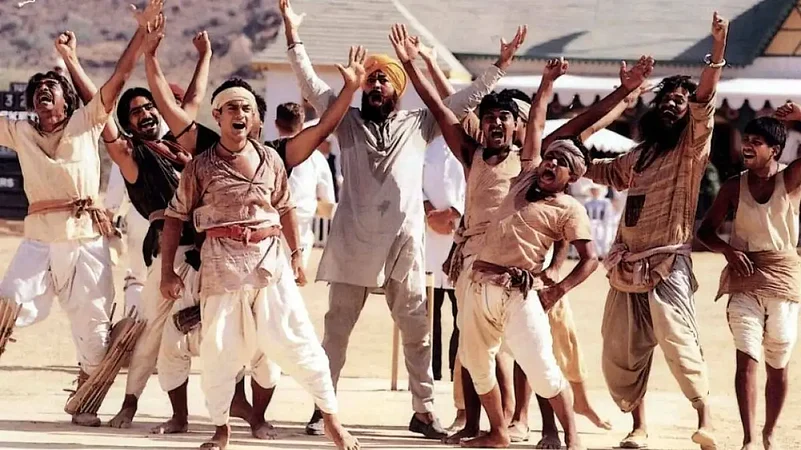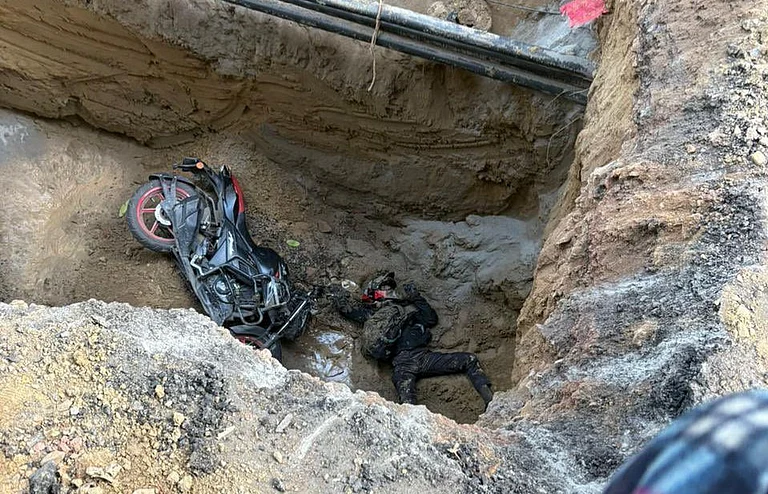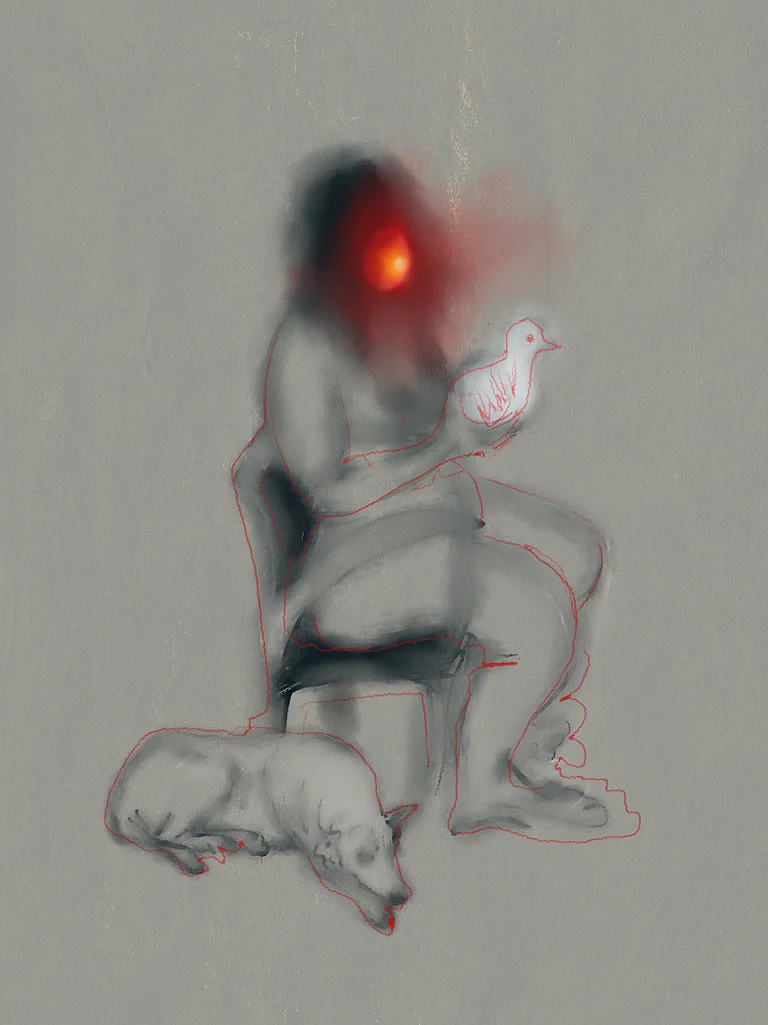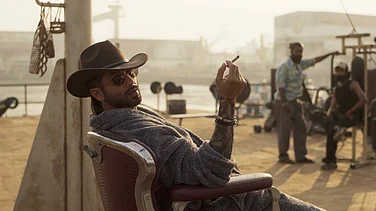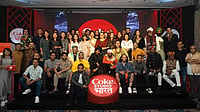The now-deleted video was shared on the occasion of World Environment Day, with the intention of spreading awareness about recycling and phasing out plastic, Zomato clarified later.
In his tweet, Ghaywan wrote that the character Kachra from Ashutosh Gowariker’s Oscar-nominated 2001 film “was one of the most dehumanised voiceless depictions of Dalits ever in cinema.” Talking about it further, the filmmaker opened up about how Kachra in Lagaan was made “voiceless and devoid of any agency”. The Masaan director said that such depiction “inadvertently normalises casteism” as he believes that the commercial, which showed the character being used as a table cloth and other objects, “proves the normalisation”.
Speaking about Lagaan, he told Hindustan Times, “It has the Savarna Saviour Complex of having an oppressor-caste hero ‘emancipate’ a Dalit. It may have been real in that era but the take should have been progressive to include a layer of assertion coming from within the community. Such depiction inadvertently normalises casteism. It celebrates saviours but puts the oppressed in the same cycle of being a perpetual victim.”
He further stated that it is insensitive to make a ‘funny’ commercial on an actual social issue. He said, “It is even more insensitive in using this character to make a ‘funny’ commercial about sustainable recycling. It ends up being tone-deaf to depict the character as a human footstool and various objects. It literally dehumanises by way of straight up objectifying. Companies need to have an inclusivity orientation.”
After facing flack on social media, Zomato pulled down the ad and issued an apology. They wrote, “While the ad has been pulled down, Zomato has also issued an apology on Twitter. “On world environment day, our intent was to spread awareness about the potential of plastic waste and benefits of recycling in a humorous way. Unintentionally, we may have hurt the sentiments of certain communities and individuals. We have taken down the video.”






